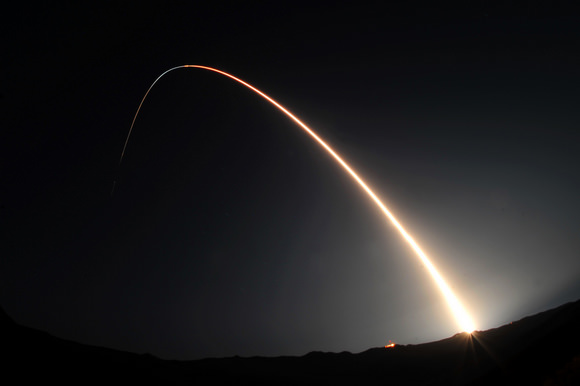[/caption]
The U.S. Air Force successfully launched the Space Based Space Surveillance spacecraft, a first-of-its-kind satellite that can detect and track orbiting space objects from space. The new satellite was blasted into orbit by a Minotaur IV rocket at 9:41 p.m. PDT, September 25th, from Vandenberg Air Force Base in California.
“SBSS will greatly enhance our existing space situational awareness capability, a capability vital to protecting our space-based assets,” said Colonel Richard Boltz from Vandenberg.

There are about 500,000 known pieces of space junk – such as spent rocket boosters, failed satellites, and pieces of satellites – in Earth orbit. Of those, about 21,000 objects are larger than 10.1 cm (4 inches) in diameter. These are being tracked by the Department of Defense, as part of the Space Surveillance Network.
“This satellite is going to revolutionize the way we track objects in space by not being constrained by weather, the atmosphere or the time of day,” said Col. J.R. Jordan, vice-commander of the Space Superiority Systems Wing at the U.S. Air Force Space and Missile Systems Center, in a prelaunch briefing. “This capability will be essential to our space situational awareness architecture for the near future and beyond.”
The satellite will be fully operational and handed over to the Air Force Space Command in about 210 days. The SBSS will be able to detect, identify and tracking man-made space objects from deep space to low-earth orbit. The SBSS space vehicle uses a two-axis gimbal in order to observe in all directions. The spacecraft’s on-board mission data processor performs image processing to extract moving targets and reference star pixels to reduce the downlink data size.
This was the third launch in eight days from Vandenberg.
Source: Vandenberg AFB

